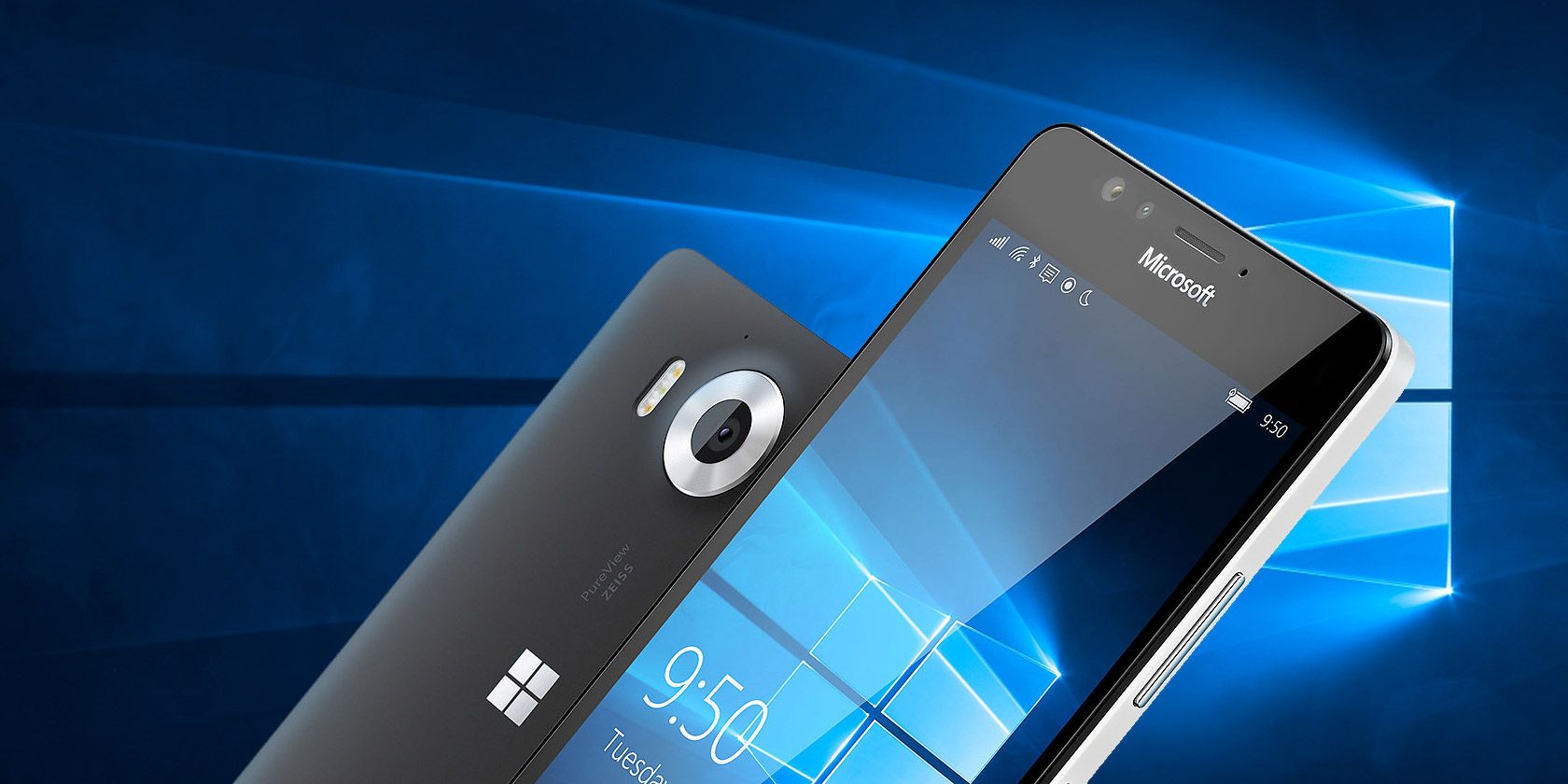Microsoft has put Windows 10 Mobile on life support, administering the bare minimum in order to keep it alive. But in reality, Microsoft's dream of making an impact in the mobile market is over. And this isn't based on the opinion on some know-nothing tech journalist, but from Microsoft itself.
Microsoft has been desperate to gain a foothold in the mobile market for a long time. Unfortunately, it acted too late, and delivered too little. Windows Phone is no longer being supported, and, thanks to Microsoft exec Joe Belfiore, we know that Windows 10 Mobile is now just treading water.
Joe Belfiore Lets the Cat Out of the Bag
Belfiore, a corporate vice president at Microsoft, let the cat out of the bag regarding the future (or lack of it) for Windows 10 Mobile in a series of revelatory tweets. It started when someone asked him if it was time to leave the Windows Mobile platform. To which Belfiore replied:
So, Joe Belfiore, who had a big hand in developing Windows Phone and Windows 10, has switched away from Windows 10 Mobile, supposedly to Android. Belfiore didn't stop there though, as his next tweet essentially confirmed that Microsoft is doing the bare minimum with Windows 10 Mobile:
This means that existing Windows 10 Mobile users are stuck with what they've got. Microsoft will continue to issue bug fixes as and when it needs to, but isn't planning on doing anything above and beyond that. Which isn't really what loyal Windows Phone users will have wanted to hear.
Belfiore ended by pinning the blame for the failure of Windows 10 Mobile on the developers who refused to bring their apps to the platform. The lack of users disincentivized the developers, and the subsequent lack of apps meant people were reticent to make the leap to Windows Phone.
The Only Question Is: Android or iOS?
The writing has been on the wall for Windows Phone/Windows 10 Mobile for some time. We stopped writing about Windows Phone all the way back in September 2014 due to a distinct lack of interest. Then Microsoft launched Windows 10 Mobile, which should have been enough to rouse new interest.
However, in October 2014, Lenovo's corporate president admitted in public that he wasn't "convinced Microsoft is supporting the phone for the future". Then, just last month, Bill Gates came out as an Android user, and the absolute lack of support for Windows 10 Mobile became clear.
And now Microsoft has admitted defeat, and any Windows 10 Mobile users reading this should probably take their cue to switch to an alternative mobile platform. Android would be the obvious choice, but with the stonkingly good-looking iPhone X on the horizon iOS deserves a look too.
Do you own a smartphone running Windows Phone/Windows 10 Mobile? If so, how do you feel about this new admission that the platform is dead? Should Microsoft give up on its mobile dream? Are you likely to switch to Android or iOS? Please let us know in the comments below!

